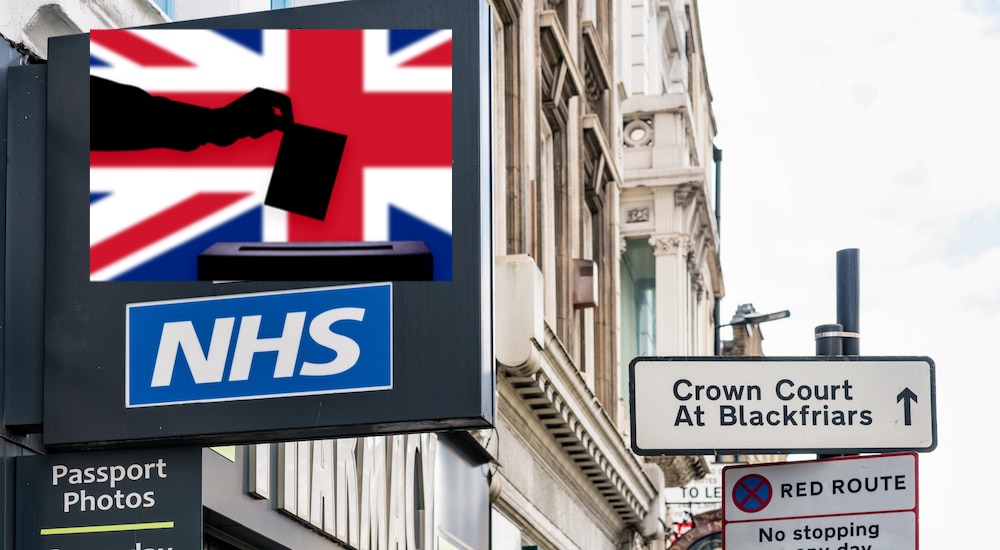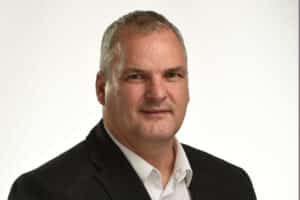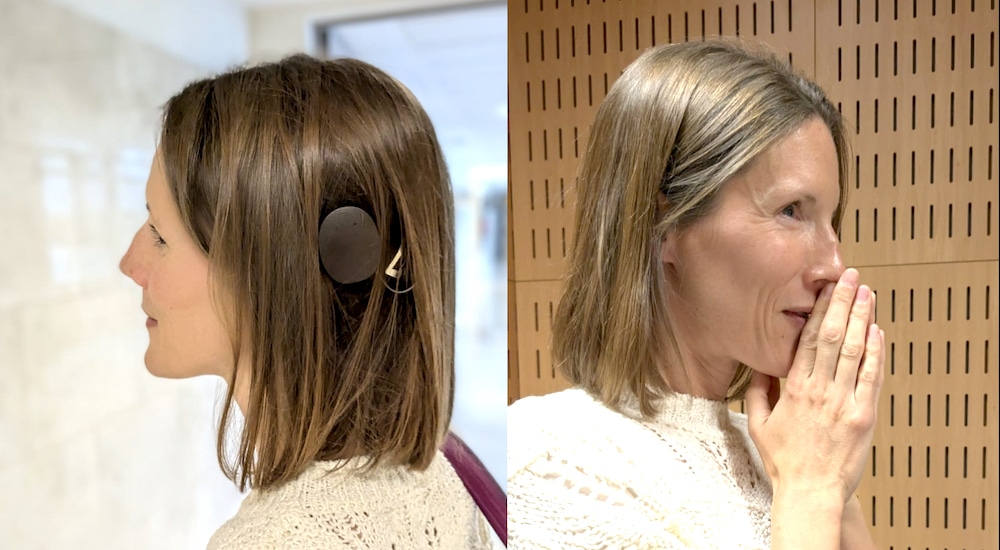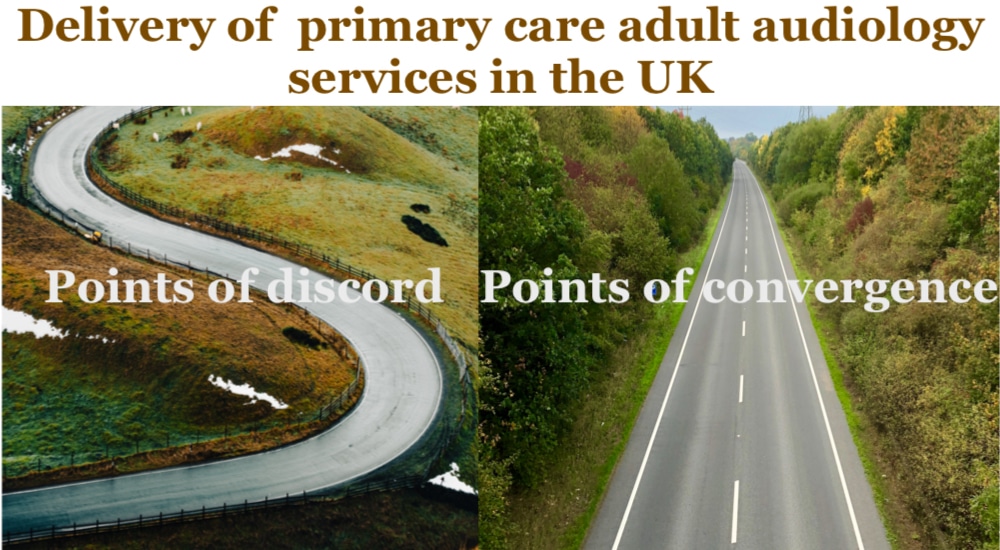Could high street ear and eye care be a release valve for NHS waiting list pressure?
Ahead of a UK general election with health issues centre stage, retail chain Specsavers tries to refresh the debate

Health is a key battleground in a UK general election that will see tempers frayed in daily exchanges over fiercely disputed issues. One of these is the pressure on the next British Government to improve waiting times for health services. Patients have all but lost their patience. The audiology backlog for hospital-based hearing loss services for adults exceeds 20 months in some areas.
But a fresh approach might bring relief to the situation if infrastructure already existing in the high street were to become part of a national primary care audiology service, argues the retail optics and hearing giant Specsavers, whose clinical services director Giles Edmonds says there could be big returns for patients, the NHS, and the country at little cost.
Patient self-referral to audiology practices could remove the need for 500,000 GP appointments per annum, says Specsavers
Responding to media comments by shadow health secretary Wes Streeting, Edmonds holds up his group as an example of a highly qualified workforce that could be used to free up capacity within the health service. A 2023 Access to Care report by Specsavers provides data, says Edmonds, to show that people with eye-related conditions account for five million GP consultations per year.

Courtesy of Specsavers
Giles Edmonds,
Specsavers clinical services director
“High street opticians and audiologists are ready and able to do even more to help the NHS cut waiting times as we fully recognise the pressures and demands on our health services. Using this highly qualified workforce to its full extent will free up capacity within the health service in return for very little cost and an overwhelming improvement in patient health outcomes and quality of life,” points out the Specsavers clinical services lead.
“This is not about being party political but doing the right thing by patients and our communities. Specsavers will work with whoever forms the next government to improve eye and hearing care,” underlines Edmonds, who argues that up to a million A&E attendances each year “could be diverted to accessible local NHS Primary Care services that already have the facilities, technology, training and resources to provide this care”.
The audiology backlog for hospital-based hearing loss services for adults exceeds 20 months in some areas, points out Specsavers, adding that “90% of Specsavers locations can see a new audiology patient within four weeks.” The group suggests that patient self-referral to audiology practices could remove the need for 500,000 GP appointments per annum.
Be seen in four weeks for an audiology appointment?
Patient self-referral to audiology practices could remove the need for 500,000 GP appointments per annum, the group argues.

© Rob Lacey / Specsavers
Gordon Harrison, Specsavers Director of Audiology Professional Advancement
Specsavers Director of Audiology Professional Advancement, Gordon Harrison, says: “NHS Wales and NHS Scotland have committed to a Primary Care model for adult audiology. The Republic of Ireland’s Department of Social Welfare already offers a hearing aid voucher scheme for working age adults, similar to NHS spectacle vouchers. With 4.4 million people in the UK workforce affected by hearing loss and 40% leaving work prematurely citing hearing loss as one of the causes, this needs to be addressed.
“As with optometry, introducing a nationally commissioned primary care audiology service will address unmet need at reduced cost, will benefit patients and take pressure off GPs and A&E departments. More importantly, it could deliver a step change in care and quality of life for adults with age-related hearing loss,” says Harrison.


